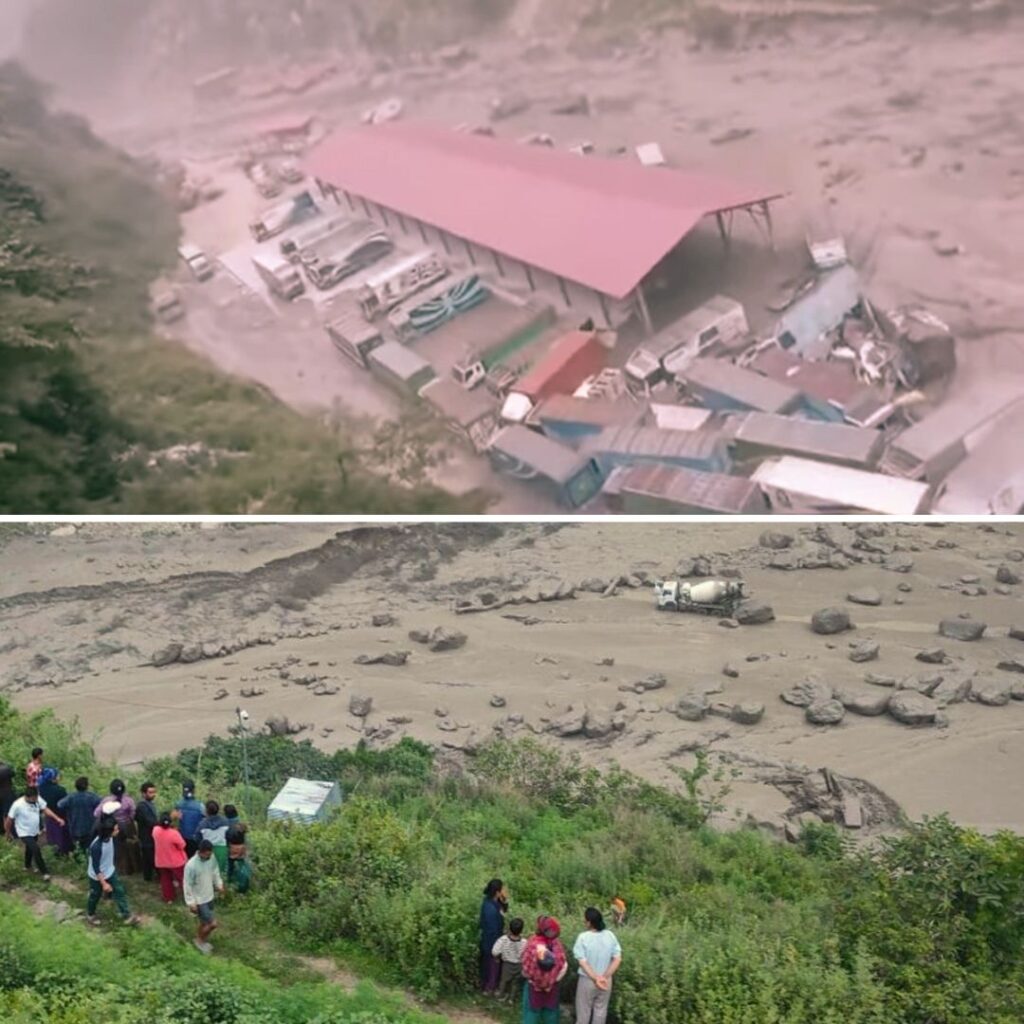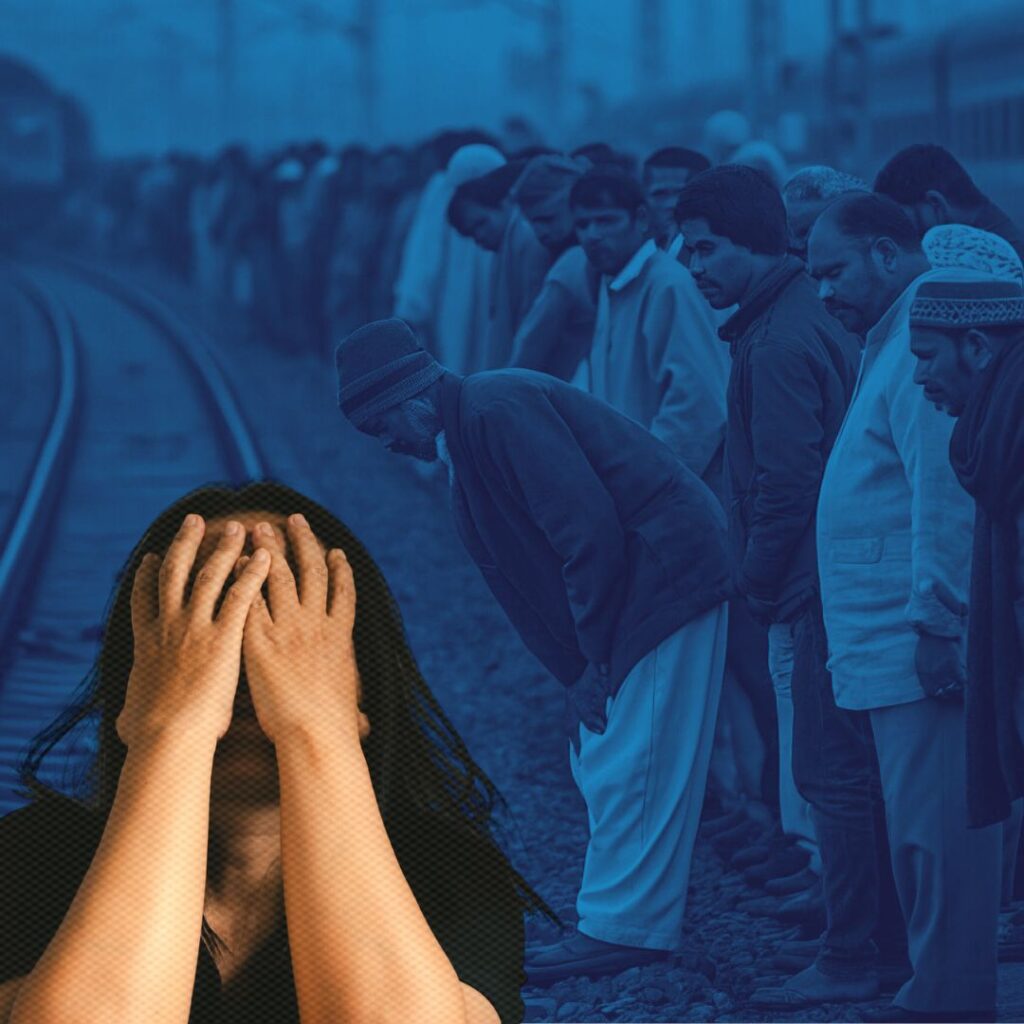India was the richest country in the world till 1700 century AD. India’s share of world income was 22.6 % till 1700 AD. The main reason behind India’s growth was its primary sector i.e. Agriculture and its allied industries. At that time, India was the largest producer of spices, textiles and other food materials. These all things were produced by primary sector or agriculture and in return, we received a lot of gold from Roman Empire and other countries of the world. It continued even at the time of Mughal Empire and we became known as the ‘Golden Bird’. But, when the British arrived, they destroyed the primary sector completely by making draconian laws like Cow slaughter, High taxation, new labor policies etc. Still, Indian farmers fought back and survived till independence because of their expertise in the field of agriculture and their traditional knowledge base.
Only because of Indian farmers and their hard work, India survived after Independence in worst conditions. The main reason behind survival of Indian families after Independence was agriculture because most of the population at that time was indulged in farming – “They eat what they grow and, they grow what they eat”. So, even without jobs they all survived. But I am not concerned about the Golden history of India; I am more worried about the condition of farmers in 2016.
“India has a productive economy with high growth rates. It is developing into an open-market economy, yet traces of its past autarkic policies still remain. In 2014, slightly less than half of India’s workforce (49%) was in agriculture. This translates into more than 50 Crore people (either directly or through their families) dependent on agriculture. The condition of farming in India is worsening day by day. The condition of farmers is even worse. According to The Hindu: 14 Jan, 2016:
“Suicides by farmers touched a grim high in 2015. The year that had recorded 2,590 suicides until October — the higher ever since 2001 — went on to register 610 more deaths in just the last two months. The death toll on December 31, 2015 stood at 3,228, indicating that the slew of measures the government undertook through the year failed to arrest the disturbing trend.”
Maharashtra itself has recorded 20,504 farmer suicides since 2001. At least 3,000 farmers have killed themselves in Bundelkhand over five years. The table shows the data of states with more farmer suicides (2013) :
The situation is alarming, if farmers continued committing suicides with this rate, then after few years, there will be no farmer left in the country. The reason behind it is not only poverty or drought but it is also social. We as a society are neglecting farmers since independence. We do talk about them, consume the food grown by farmers, make movies and write books about farmers but we do not do anything to help them. No middle class or high class family wanted to make their child, a farmer. Most of the children studying in schools and colleges do not want to take farming as a carrier. In buses or trains, if some MBA or engineer comes and sit near you, you will easily provide him seat but if some smelly farmer came, then no one wants to left seat or sit with him. Not only this, the way of talking also changes when we talk to farmers. Farmers are not getting love and respect from the society which they got earlier. In our ancient texts it has been written that:
“Uttam Kheti Madhyam Ban, Karat chakri Kukar Nidan”
Meaning – Farming is the best occupation for a man, thEn comes business, and doing job under someone is less worthy.
By reading this we can easily understand that – What was the position of farmers in ancient Indian society? It was the time when India was one of the best economies of the world. But, now instead of giving respect to farmers, we are participating in a rat race of globalization. We have started following west in lots of things. We adopted their education system, clothing, laws and even eating habits. We have to understand the simple principle of society that- “Like every person has its own strengths and weaknesses, in the same way, every country has its own strength and weaknesses”. For example, if your country is full of deserts, you cannot copy the model of country which is full of water. Similarly, if India has good agricultural land and maximum number of climatic zones, it means agriculture is the strength of India. But, if India does not rely on its own strengths and continues following other countries then it can never win the rat race.
We cannot compete with others in their Game. For example- You cannot win a cricket match against Sachin Tendulkar but you could win in chess. Similarly instead of beating a singer in singing, you should compete in other thing in which you are perfect. India is not a manufacturing Hub like China or Robotics expert like Japan, We are not weapon expert like Israel or USA then why we are competing with them in these fields?
I am not against these a…











